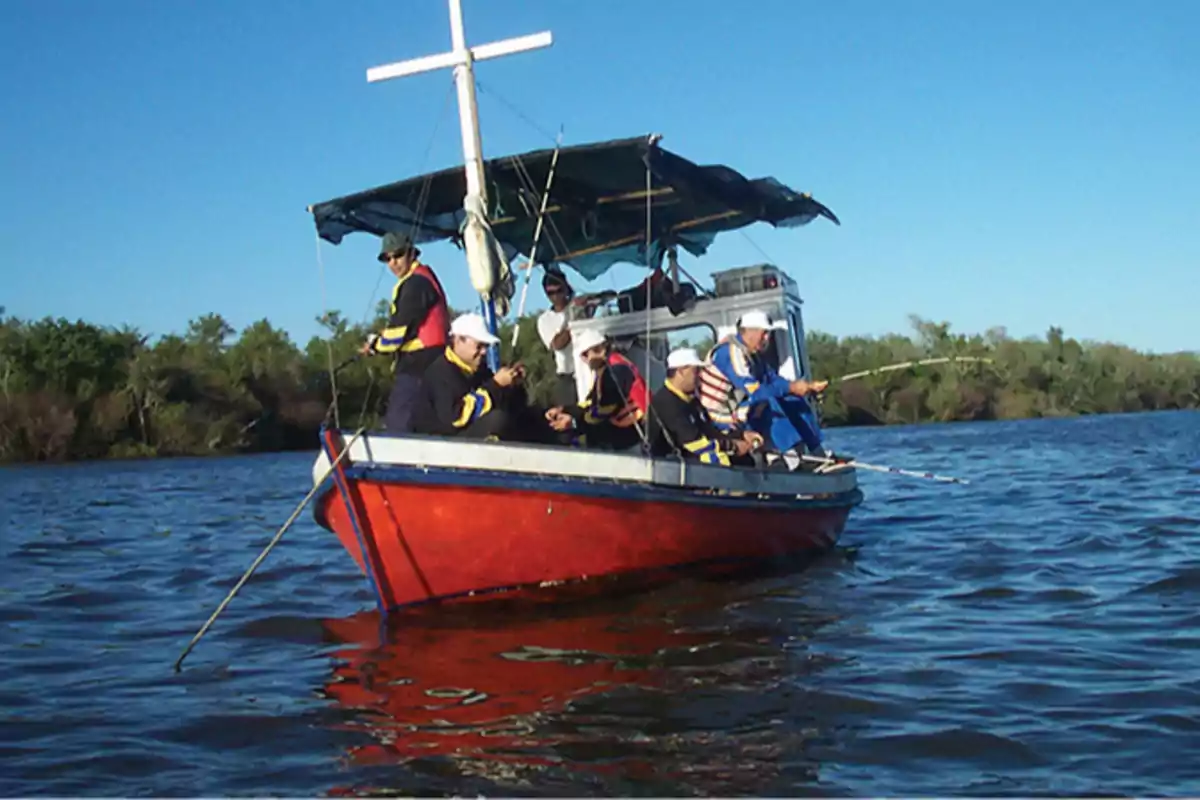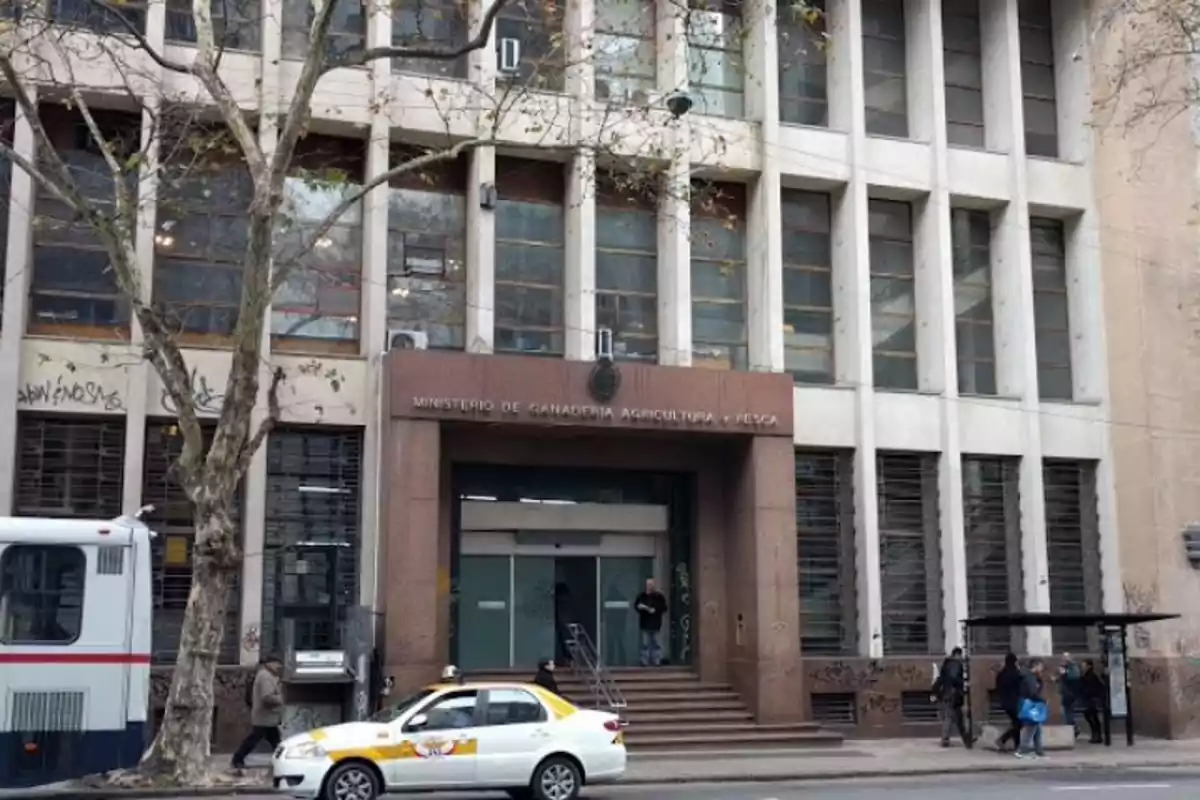
The unionist delusions that threaten to sink the fishing industry
Practical example of how the ambition for union and bureaucratic power destroys the possibility of generating genuine value
The Uruguayan fishing industry is facing an unprecedented crisis, not due to a lack of natural resources or business negligence, but because of a union stance that, in its intransigence, jeopardizes the livelihoods of thousands of families and the future of a key sector for the national economy. Yesterday, the last fish was processed at one of the country's main plants, and tomorrow a group will arrive to pack it. Afterwards, 120 workers from this plant, along with many others in different parts of the country, will return to their homes with no certainty about when they'll work again. Meanwhile, the boats remain docked, debts are piling up, and opportunities are vanishing.
The conflict stems from a decision as unusual as it is damaging: the sailors, backed by the union, refuse to stand watch on the ships' bridge while the captains rest. This measure, which might seem like a mere whim, has devastating consequences. International maritime regulations require that a ship in operation have a constant watch on the bridge, a task sailors are trained to perform. However, their refusal forces the captains to stay awake for inhuman shifts, something unsustainable and dangerous. As a result, the boats aren't going out to fish, and fishing, the economic engine of several Uruguayan regions, is paralyzed.
This kind of irrationality isn't new. We already warned about it in "The Silent Scam of the Distribution System", where the costs of structural intransigence were also depicted.
The impact is immediate and brutal. Fishing companies, which operate at a loss during the low season (from October to April) hoping to recover in the months of high production, see how each day without activity represents irreparable damage. Last week, an international client canceled an agreement to load 2,500 tons of fish, a contract that had required weeks of negotiations to overcome the shortage of containers. These kinds of losses affect not only the companies but also the workers, who see the possibility of new jobs vanish. At the affected plant, for example, a new processing line was being installed that would have created 40 additional jobs, and a second shift was planned that would have employed another 70 people. All of that is now on hold, if not directly lost.

The union, in its eagerness to impose conditions that defy operational logic, seems to ignore the collective effort of thousands of workers who depend on fishing to survive. The intransigence of a few threatens to destroy the work of many, in a sector that not only struggles with the inherent difficulties of the activity, such as seasonality and operating costs, but also with an increasingly competitive global economic context. The union's attitude not only delays progress but also puts at risk the very viability of the fishing industry in Uruguay.
In this sense, there are parallels with other forms of institutional parasitism, as we analyzed in "From Myth to Plunder: The Truth About the State".
The solution, according to sector business leaders, requires urgent intervention from the Executive Branch. However, the pace of the State is usually slow, and in fishing, the damage is measured in days. Each day the boats remain inactive, markets are lost, debts accumulate, and investor confidence is eroded. The country is at a crossroads: either decisive action is taken to ensure the continuity of the activity, or the collapse of a sector that has been a pillar of the economy and the identity of entire communities is accepted.

In the coming days, the fate of Uruguayan fishing will be decided. Meanwhile, the business owners and workers who have given everything to keep the industry afloat face the frustration of seeing how the collective effort is sabotaged by a union stance that, far from defending rights, seems determined to destroy opportunities. "Personally, I have the peace of mind of having done everything within my power," said a business owner in the sector, summarizing the feeling of those who, despite everything, don't give up. But the question keeps echoing: how can anyone work like this? The answer, increasingly clear, is that it's not possible. It's not sustainable.Uruguay must decide whether it wants a fishing industry or a graveyard of ships and broken dreams.
You may also be interested in this article on ideological financing with public resources, which shows how minority agendas are prioritized in the face of structural crises.
More posts: